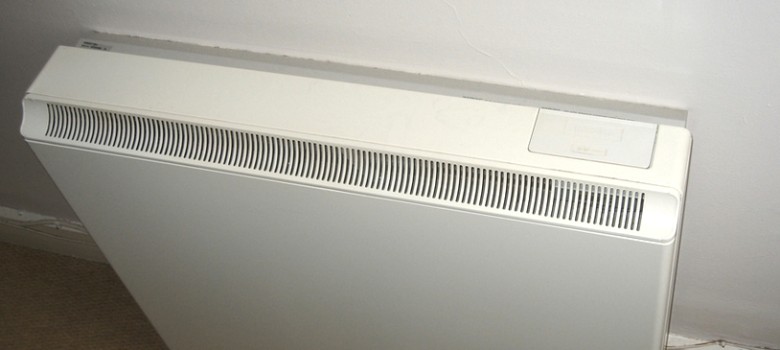
In this blog, I am going to give you a rundown of the expected lifespans of all the various energy saving measures around the home. Some I think will surprise you! Many people don’t take into account the expected lifespan of a measure before they go ahead and install it, and that means they perhaps don’t understand fully the costs and benefits of going for certain technologies.
Boilers – Energy efficient boilers are extremely high performance at up to 90% efficient. Unfortunately, modern boilers also have lots of things that could potentially go wrong, and their lifespan is much shorter than older boilers. Most estimates give 12 years as a rough guide to lifespan of a boiler.
Cavity Wall Insulation – Cavity walls can be insulated with polystyrene beads, spray foam or fibre glass. These materials do not break down and whilst a top up is sometimes required far down the line, the insulation should last a lifetime. Only where the insulation has been incorrectly installed is there likely to be a need to remove and replace it.
Energy Efficient Lighting – Where old halogen and tungsten filament bulbs used to blow all the time, modern CFL and LED bulbs should last a very long time, and many are rated for 10,000 up to 50,000 hours. That means you bulb could still be running 20 years from now. Lower quality bulbs however will not last this long – you get what you pay for here.
External Wall Insulation – Having EWI installers Be Constructive in our office, we can reliably inform you that EWIPRO has been age tested by the BBA and is expected to last 30 years or more. It will probably require a bit of TLC by this time, including painting every 10 years, but the insulation itself will not degrade.
Heat Pumps – Various studies we have looked at give a range from 14-20 years as the life expectancy of a heat pump. These are complex bits of machinery that are in constant motion, and therefore will have more to go wrong with them over the years. Expect to have to replace them every 15 years.
Loft and Floor Insulation – Loft insulation has been around for years in a few different forms, but the most common type of insulation – the mineral or rock wool – does not lose efficacy and there is no reason why it will not still be insulating your home 100 years down the line. Floor insulation is made from the same material and there’s no reason why it won’t also last a very long time.

Solar PV – Solar panels are incredibly durable, and although they will gradually lose some generation ability over the years as the panel’s age, they will still be producing energy 30 or 40 years down the line. Bear in mind that the inverter will need changing at the cost of around £1,000 every 10 years.
Solar Thermal – Expected lifespan of a solar thermal system is 15 to 20 years. It is significantly shorter than the lifespan of PV because of the moving parts and wear and tear that it will go through in its life. The RHI will pay you over seven years rather than the solar PV feed in Tariff, which pays over 20 years however, so you will get you cash back fairly quickly.
Storage Heaters – These heaters again have few moving parts, and are of a fairly simple design. You can expect a storage heater or electric heater to last a very long time. Indeed, most old 70s storage heaters are still working today. The same will apply to other kinds of electric static heating systems, like electric convection heaters and infrared heaters.
Wind Turbines – Turbines go through a lot of wear and tear over the years as they are constantly in motion, unlike a solar panel. Government estimates put the average turbine at 20-25 years of life, but as they approach their latter years they will need more and more maintenance because of that wear.
Windows– Double glazing is a favourite for those doing home improvement. Nothing sharpens up the look of a home like some new windows. Unfortunately the outlay for windows is huge, and the lifespan can be much shorter than you would hope for. Standard double glazing will only last 20 years at best, and the vacuum or inert gas between the panes will have been compromised long before that, making the windows less efficient. Extended guarantees can be found, but it is perhaps wishful thinking that a company is going to service your windows in 20 years time – most companies don’t even last that long!












Thankyou for the information on cavity walls. We have just received a phone call telling us that if it was installed MORE than 5 years ago it would need updating!!!!!!
Hi Mrs Gill, this is incorrect – cavity wall insulation will last considerably longer than 5 years!